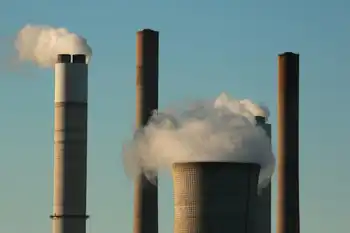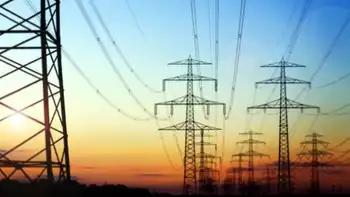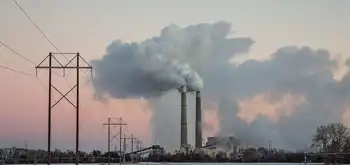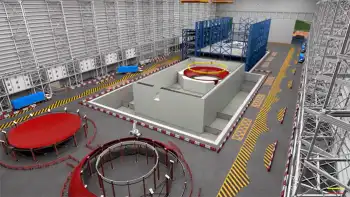France, Italy want EU to apply carbon tariffs
EUROPEAN UNION - France and Italy urged the European Union to impose carbon tariffs on countries that are not part of a global agreement to curb greenhouse gases, an idea opposed by other EU members.
French President Nicolas Sarkozy and Italian Prime Minister Silvio Berlusconi said in a letter to European Commission President Jose Manuel Barroso that the commission should include the measures in a report due in June on carbonemitting sectors.
Some EU members are worried that their industries, which pay for permits to emit carbon dioxide, will lose out to cheaper imports from countries that impose no such charges.
European law... foresees the possibility of including importers in the European system for trading emission quotas, Sarkozy and Berlusconi said in the joint letter.
The Commission report should define the conditions in which such an adjustment mechanism should be applied to EU borders.
Germany last year criticized the idea of carbon tariffs as ecoimperialism, saying they would be a direct violation of World Trade Organization rules.
Other EU members such as Sweden have also spoken out against the plan, while developing countries fear the measure would be a covert form of protectionism blocking out their products.
Sarkozy and Berlusconi said any mechanism should respect WTO rules. They said the measure would encourage more countries to curb emissions.
Everyone would know that if they refused to take sufficient steps in the concerned sectors, compensation equivalent to the effort made by the EU would be applied to their products, they said in the letter.
Related News
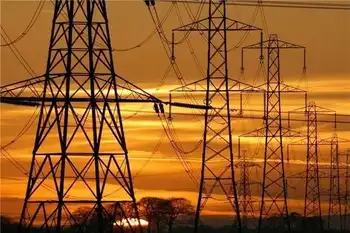
Iran supplying 40% of Iraq’s need for electricity
TEHRAN - “Iran exports 1,200 megawatts to 1,500 megawatts of electricity to Iraq per day that is dealing with severe power shortages and frequent blackouts,” Hamid Hosseini said.
As he added, Iran also exports 37 million to 38 million cubic meters of gas to the country.
On September 11, Iraq’s electricity minister, Luay al Khateeb, said the country needs Iranian gas to generate electricity for the next three or four years.
Iraq was exempted from sanctions concerning Iranian gas imports; however, the U.S. has been pressing all countries to stop trading with Tehran.
Iraq's population has been protesting to authorities over power cuts. Iran exports…

